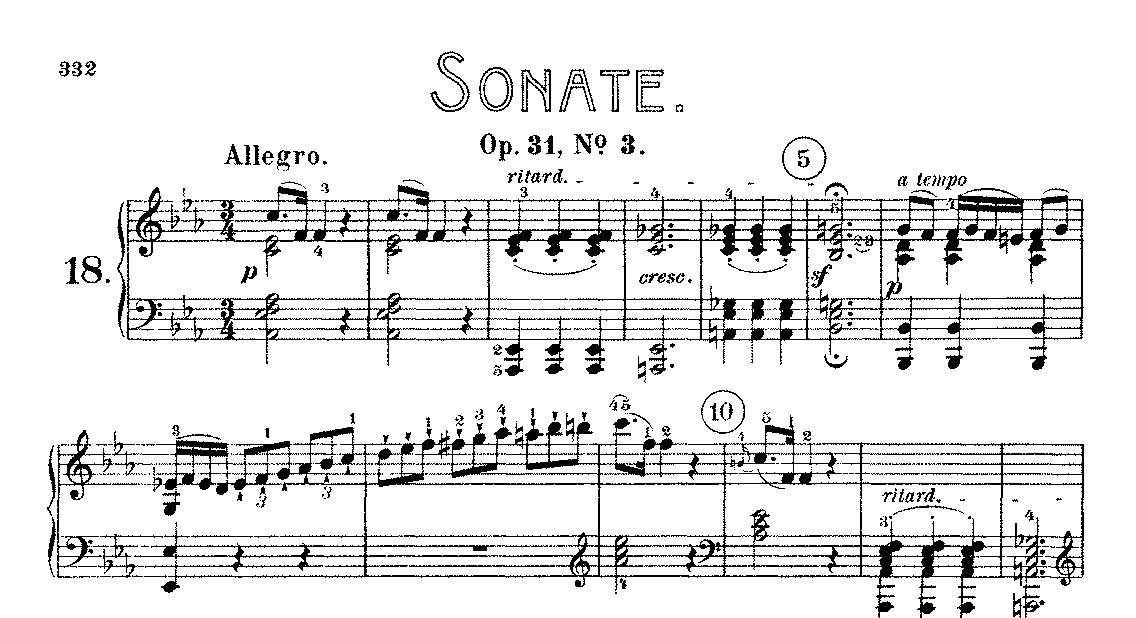The music world has been tying itself in knots over Ludwig van Beethoven recently. In the year of his 250th birthday, some are calling for a boycott of organizations that perform his music. Others are offering a counter-reformation of sorts, with hashtags and memes in defense of the celebration. Here are eight winning ideas and two counterproductive ideas to consider.
I am deeply saddened to learn of the passing of Dr. Ted Hansen. During my tenure as an undergraduate at Texas A&M University-Commerce, I took every class he taught (something I probably can't say about any other professor in my training). As I reflect on those courses, I am struck by the way in which every class was so uniquely organized and tailored to the students and to the topic at hand. No two were alike.
...Bartok, for instance, gives us not only metronome markings, but precise timings for sections as a second check against grossly deforming his works. He believes his music to be more delicate with regards to timing, so one wrong move and snap. Mahler, on the other hand, gives loads of instruction with regard to tempo, some metronome markings, but a degree of sturdy flexibility to his music. It seems that his approach to harmony and orchestration further supports this.
The most obvious concrete benchmark for quality is the demonstration of compositional craft. Here are some elements and composers that can be recognized for their innovation and/or mastery.
Widely acknowledged as one of the most pivotal symphonic compositions in allof western music, the third symphony of Ludwig van Beethoven is, in substance, rarelyagreed upon. Beethoven’s semi-programmatic title, “Eroica,” the extreme size, uniqueformal organization, and developmental history of the work collectively open up toomany variables to allow a singular analytical approach to this work that is mutuallyagreed upon by the musical community plausible, as evidenced by over 200 years of serious efforts to do exactly that. This discourse seeks to give one possible analysis, thefocus being primarily upon the organization of thematic elements that give the work acyclical or “symphonic” quality.





